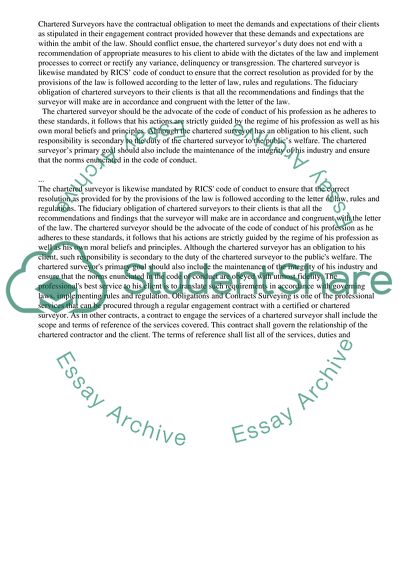Cite this document
(“V Essay Example | Topics and Well Written Essays - 2750 words”, n.d.)
Retrieved from https://studentshare.org/management/1417067-property-law
Retrieved from https://studentshare.org/management/1417067-property-law
(V Essay Example | Topics and Well Written Essays - 2750 Words)
https://studentshare.org/management/1417067-property-law.
https://studentshare.org/management/1417067-property-law.
“V Essay Example | Topics and Well Written Essays - 2750 Words”, n.d. https://studentshare.org/management/1417067-property-law.


